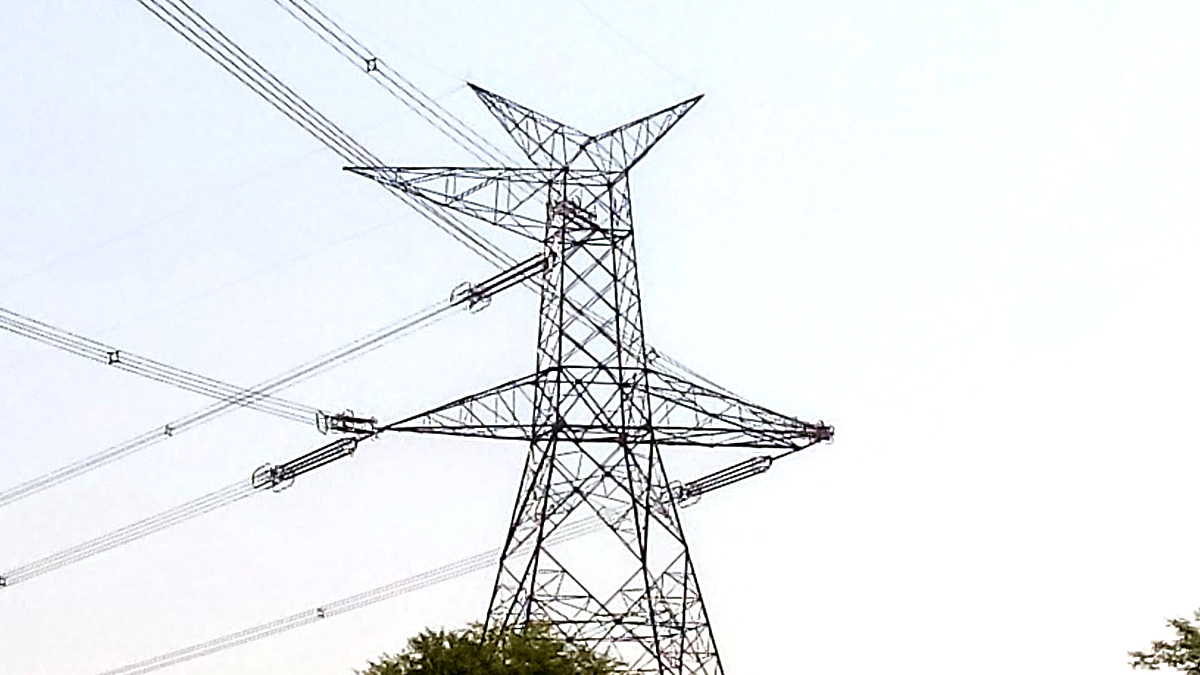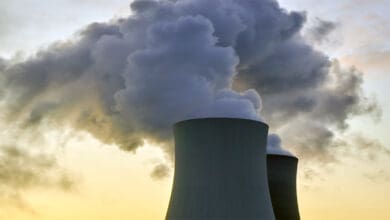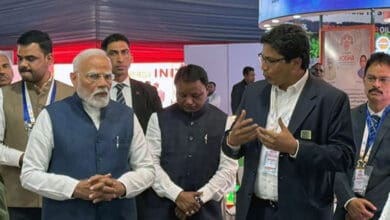Union minister Nitin Gadkari said the government is looking for prospects about green hydrogen as a potential transport fuel, and added that whatever concessions it is offering for electric vehicles can be offered to green hydrogen also. Addressing a conference on ‘Hydrogen and Gas Based Mobility’, Gadkari also said that with the large solar, wind, hydro, and waste potential in India, the country can lead the world in green hydrogen production.
“We are also looking for prospects about green hydrogen as a potential transport fuel. Whatever concessions we are offering for electric vehicles, we can offer that concession for green hydrogen also,” he said.
The road transport and highways minister stressed that the government is committed for supporting green hydrogen and he will discuss the issue with the finance ministry and the Niti Aayog.
Gadkari said green hydrogen could be an ideal power source for energy-intensive industries like refining, steel, cement, fertiliser, mining, and industrial heating.
Stating that green hydrogen (H2) is made by splitting water (H2O) using renewable power, he said, “Over time, green hydrogen as an energy carrier can replace some of our energy imports.”
Gadkari noted that 70% of green hydrogen production costs come from electricity costs, hence, surplus electricity from renewable energy sources can enhance green hydrogen production economics.
“We are working to bring about an integrated road map and create opportunities for alternative clean and green transport fuels like electricity, bio-CNG, LNG, ethanol, methanol, and hydrogen fuel cell,” he said.
Gadkari added that India should focus on hydrogen fuel cell electric vehicle technology exclusively for heavy long-distance trucks, buses, marine and aviation applications.
The hydrogen ecosystem can create a USD 20-billion green technology market in India and will enhance domestic job creation, he said, adding that India can be seen as a net exporter of hydrogen in the future to European, Southeast Asian countries, and Africa.
He pointed out that piloting of H-CNG (hydrogen-blended with CNG) is also going on and it will help the transport sector learning to handle hydrogen.
The minister also said with government supportive policies and initiatives, “we are confident that India will even surpass the target of renewable energy of 450 gigawatt by 2030”.
Currently, India stands at the 5th position for overall renewable energy installed capacity.
He said India is one of the fastest-growing economy leading through sustainable and climate-neutral development.
Gadkari reiterated India is committed to meeting the Paris Climate Agreement, where efforts are centred to reduce carbon emissions by 33 to 35% by 2030.
“We are also committed to achieving net zero carbon emissions by 2050,” he said.













